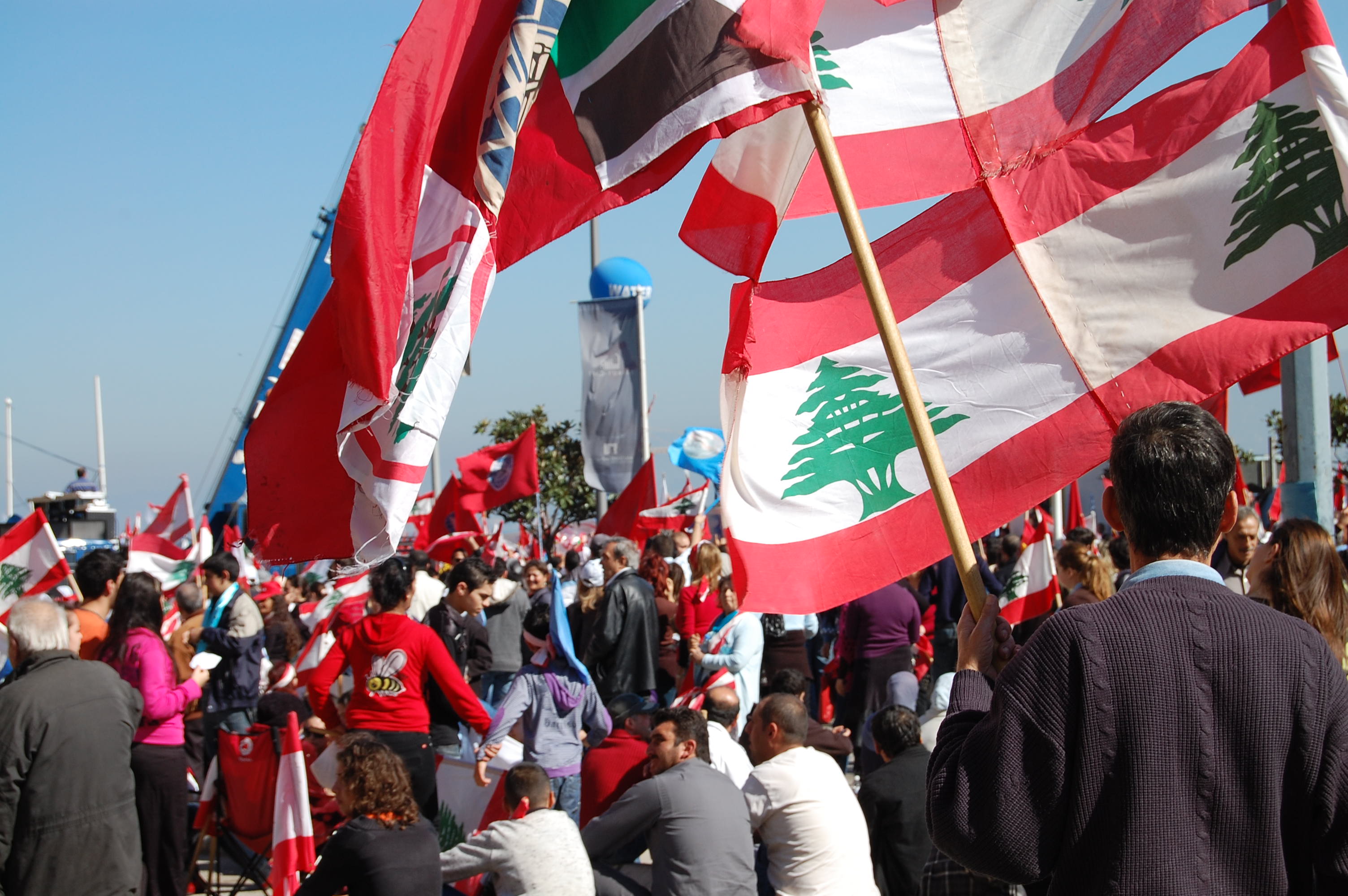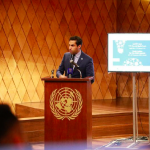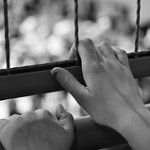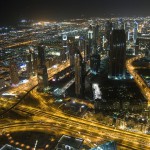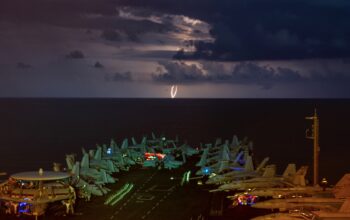With 18 different religious views, Lebanon is the most religiously diverse society of any country in the Middle East. Since 1932, no official census has been achieved, reflecting the political sensitivity over the religious balance in today’s Lebanon. Under the 1943 National Pact (a written agreement that laid the foundation of Lebanon as a multi-confessional state), the Lebanese government was structured to include a Maronite Catholic President, a Sunni Muslim Prime Minister and a Shia Muslim Speaker of Parliament.
This structure of power sharing was considered a “confessional democracy”, however today this democracy of faith based power sharing has led to sectarian politics. For this reason, local government reformers now call for the secularisation of the entire political system, but so far they have failed to show how to transform this divided small society into modernity. Changing and rotating the three political leadership spots could be a major change in the Lebanese political history.
Since the failed election in 2014, Lebanon has entered a presidential gap that could threaten its internal security, paralyze its political institutions and weaken its Christian community. The president, who is the head of the state, commander in chief of the armed forces, and the representative of the Christian-Maronite community is now out of the political game.
After the eighteenth failed attempts to elect a president, the power of the president has shifted to the council of ministers, which is headed by a Sunni Muslim. However, no decisions can be made without the approval of all the members of the cabinet. Hezbollah and its allies hold more than one third of the cabinet seats, which is currently the reason for the paralysis of the cabinet and the election of a new president. This is due to the belief that the March 14 alliance is “imposing” a president on the rest of the Lebanese. Instead of solving the issue in a democratic way, Hezbollah and the conservative FPM (Free Patriotic Movement) have decided to boycott the sessions to elect a president.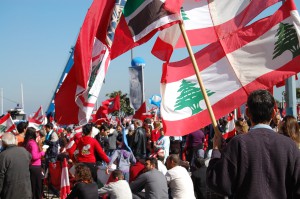
As a result, Hezbollah currently holds the ultimate control of the political life in Lebanon, and can impose its own agenda within the negotiations of electing a new president. This strategy has the potential to overthrow the government and lead to a shift in the executive powers to the parliament headed by a Shia Muslim. Such movement would leave Lebanon’s Christian community without a representative in the country’s political leadership.
The absence of a president in Lebanon will not only have an effect on Christians within Lebanon, but also on Christian communities across the Levant, many of which have faced and are still facing considerable marginalization in Iraq, Syria, and Egypt. The absence of a Christian president in Lebanon means the absence of the only remaining significant political representation of Christianity in the Levant.
Concerned about the delay of Lebanon’s presidential elections, the United Nations Security Council issued a statement that read: “The Council urges the Parliament to uphold Lebanon’s longstanding democratic tradition and to work to ensure that presidential elections take place as soon as possible and without external interference.” This is important since Lebanon`s Christians do not have the regional backing that the country’s Sunni and Shia have with Saudi Arabia and Iran as their regional guardians. Therefore an intervention by regional or international powers would not reflect the best interest of the Christian community in Lebanon.
Working to solve the issue of presidential gap in the favor of the Christians, there is still a promised meeting between the leaders of the two largest Christian parties in Lebanon, The Lebanese Forces and The Free Patriotic Movement. This meeting will be held in order to discuss and hopefully solve the problem of presidential deadlock.
The two parties are optimistic about the outcome of the meeting and believe that it will be successful. However, if the talks fail to restore the balance of power in Lebanon, the political system might collapse at the expense of the Christian community.
It remains to be seen what the future holds for the Christians in Lebanon, whether they are able to get back in the political game or not.
By Pamela Tannous
Image Credit:
James Gallagher, licensed under CC BY-SA 2.0
